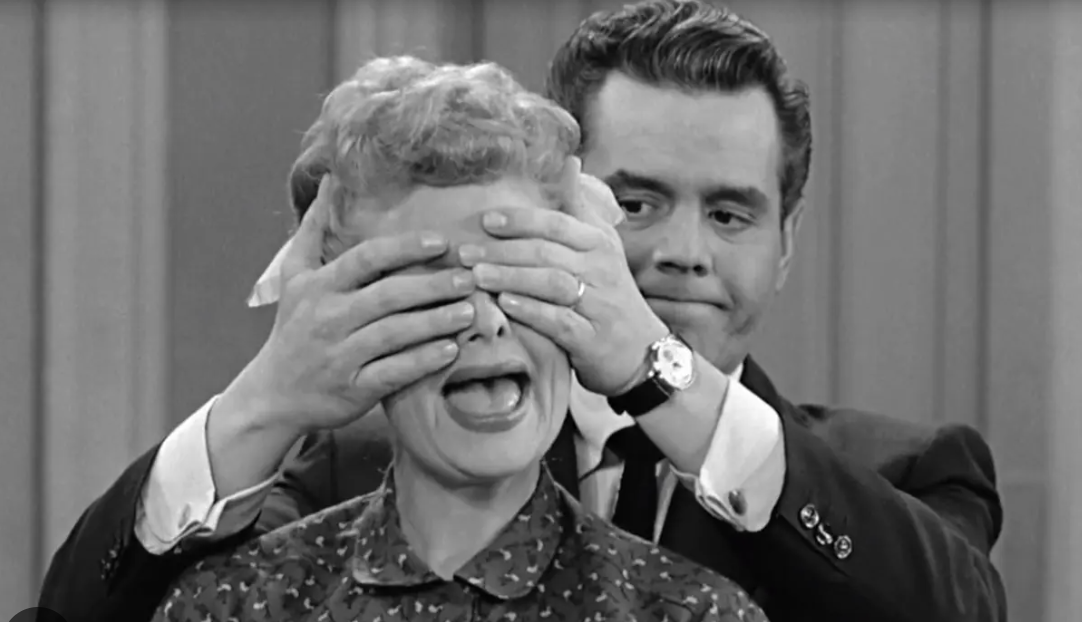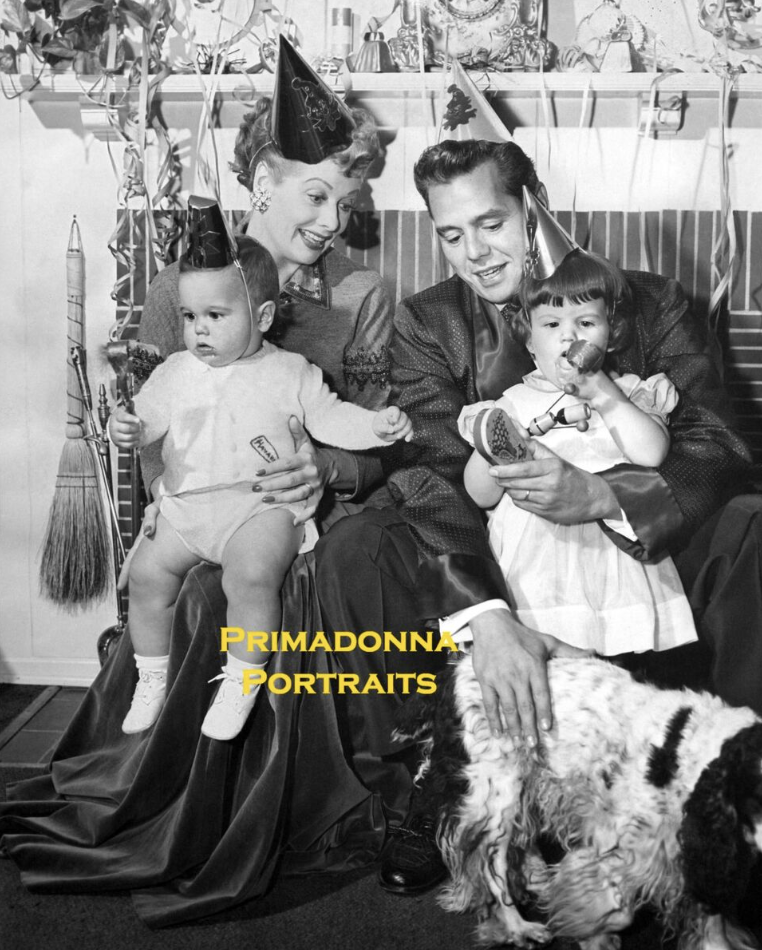
For many, the mere mention of “I Love Lucy” conjures up a wave of nostalgia and a warm smile. While we now live in an era dominated by artificial intelligence, smartphones, and endless streaming options, there’s a timeless charm to the black and white antics of this iconic sitcom. For those who grew up watching Lucy Ricardo’s hilarious escapades, wishing for a friend like her was simply a part of childhood.
“I Love Lucy,” which originally aired from 1951 to 1957, wasn’t just a television show; it was a cultural phenomenon. Lucille Ball’s portrayal of the endearingly mischievous Lucy, alongside her real-life husband Desi Arnaz as the patient and often exasperated Ricky Ricardo, created television magic.

Think about it: Lucy’s attempts to break into show business, her elaborate schemes to get what she wanted (often involving disguises and hilarious misunderstandings), and the sheer physical comedy – these weren’t just isolated funny moments. They were the backdrop to countless family evenings spent gathered around the television, sharing laughter that transcended generations.
Whether she was hilariously failing as an opera singer, secretly filming a vitamin commercial against Ricky’s wishes, or causing chaos in a television studio, Lucy’s antics were always larger than life and utterly relatable in their human flaws.
But “I Love Lucy” was more than just a comedy. At its heart was a genuine warmth and a portrayal of true friendship. The bond between Lucy and her best friend Ethel Mertz (Vivian Vance) was a cornerstone of the show, showcasing a supportive and humorous female friendship that was groundbreaking for its time.
And then there was the enduring love between Ricky and Lucy. Despite Lucy’s constant “troublemaking,” Ricky’s patience and deep affection for his wife shone through. Their dynamic, filled with both playful bickering and heartfelt reconciliation, offered a comforting portrayal of marriage.
So, while the technology of entertainment has drastically changed, the simple joy and human connection offered by “I Love Lucy” remain timeless. It’s a reminder that laughter, friendship, and love – even in black and white – are universal and enduring. It wasn’t just a sitcom; it was a feeling, a genuine connection, and a testament to the power of simple, well-crafted comedy.
